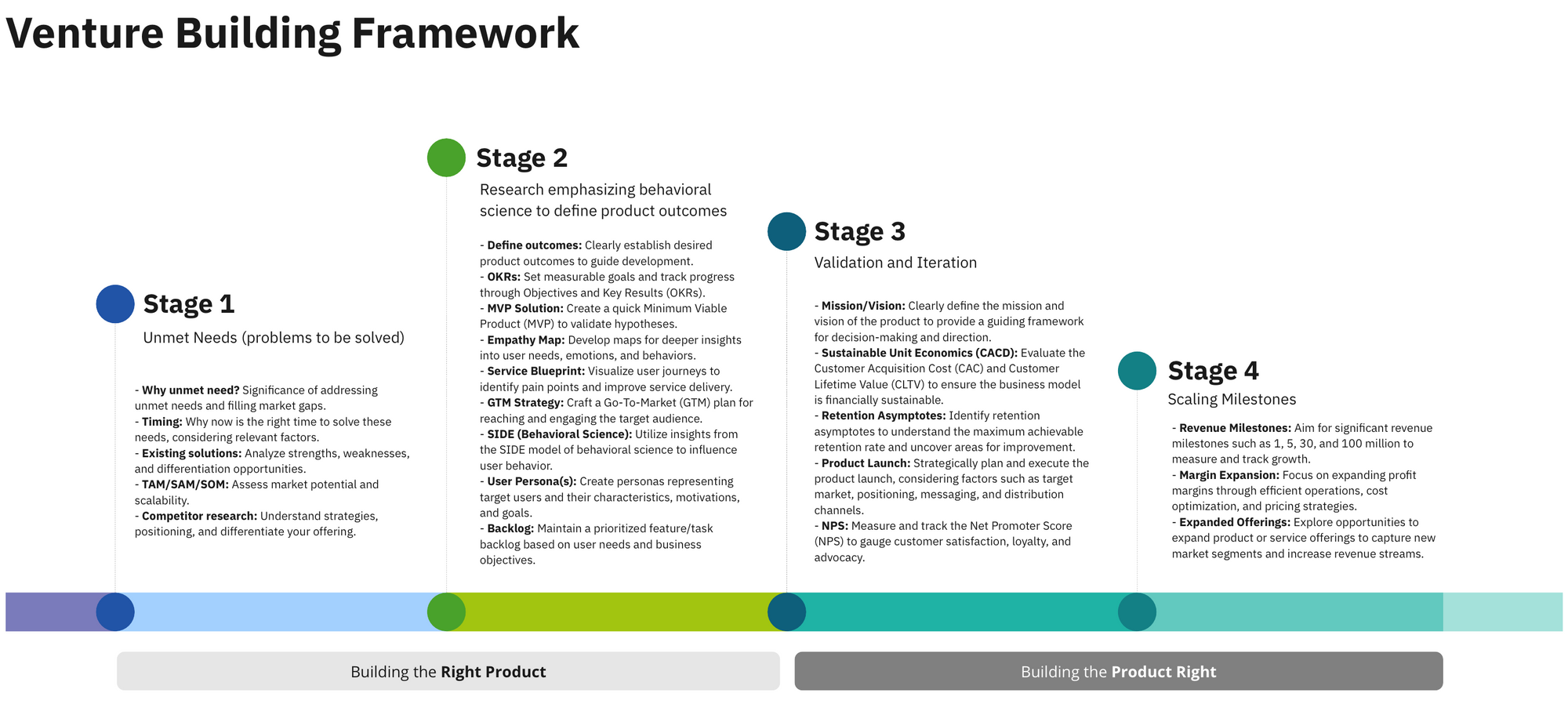

Dear Founders,
As a venture capitalist, previous founder, and startup advisor, who has seen numerous startups flourish and falter, I can attest to the criticality of aligning your team and driving progress toward your goals. One powerful tool that has proven its worth time and again is the framework of Objectives and Key Results (OKRs). Born out of Silicon Valley, OKRs have become an integral part of many successful organizations, both big and small. In this article, we'll delve into the history, establishment, and usefulness of OKRs, while providing you with the basics to implement them effectively within your startup. As always, I include some free resources (frameworks and a tracking template).
The Origins:
OKRs were introduced in the 1970s by Andy Grove, the legendary CEO of Intel, who understood the importance of setting ambitious yet attainable goals. He sought a framework that would inspire his team, create alignment, and enable them to make meaningful progress. It was during his tenure that OKRs took shape and gained traction.
Establishment and Evolution:
The principles of OKRs were further refined and popularized by John Doerr, a well-known venture capitalist, who witnessed their transformative impact at Intel and decided to introduce them to other companies. With the endorsement of iconic firms like Google, where Doerr was an early investor, OKRs gained broader recognition and adoption. Since then, countless organizations have embraced this framework, recognizing its potential to unleash the full potential of their teams.
The Power of OKRs:
So, why are OKRs such a valuable tool? At its core, OKRs provide a framework that blends strategic vision with actionable execution. By defining clear objectives and measurable key results, OKRs enable teams to align their efforts and focus on what truly matters. Here's why this framework is particularly useful for startups:
- Alignment: OKRs foster alignment by cascading goals from the top down, ensuring everyone in the organization understands their role in achieving the company's vision. This alignment enables a synchronized effort, minimizing wasted time and resources.
- Focus: OKRs help prioritize initiatives and channel efforts toward the most impactful objectives. With limited resources at your disposal, it's crucial to concentrate on what truly moves the needle. OKRs serve as a compass, guiding your team's actions toward strategic outcomes.
- Agility: Startups thrive on adaptability. OKRs, being a flexible framework, allow for regular reassessment and adjustment. They empower teams to respond to market dynamics, pivot when necessary, and seize new opportunities as they arise.

Establishing Effective OKRs:
Creating effective OKRs requires a thoughtful and iterative approach. Here are some key steps to follow:
- Define Inspiring Objectives: Start by identifying the high-level objectives that align with your startup's mission and long-term vision. These objectives should be ambitious yet realistic, inspiring your team to strive for greatness.
- Establish Measurable Key Results: Each objective should have a set of key results that act as quantifiable measures of success. These metrics should be specific, time-bound, and challenging but achievable. Key results provide clarity and accountability for your team's progress.
- Foster Engagement and Transparency: OKRs are most effective when they involve the entire team. Encourage collaboration and allow everyone to contribute to the OKR-setting process. Transparency in sharing OKRs and progress updates builds trust and keeps everyone focused on the bigger picture.
- Track and Review Progress: Regularly review and update your OKRs to ensure they remain relevant and aligned with your evolving business landscape. Track progress objectively and make adjustments as needed. Celebrate wins, learn from setbacks, and continuously improve.


OKRs have proven their worth time and again in fostering alignment, focus, and agility within organizations. By embracing this framework, you can propel your startup toward success, ensuring that every member of your team is working cohesively towards a shared vision. Remember, OKRs are not just about achieving goals; they are a means to inspire, motivate, and drive your team to extraordinary heights.
Resources
This artifact is part of Stage 2 of the Venture Buildinag Framework.
This is a powerful output as you work to ensure you are Building the Right Product.
